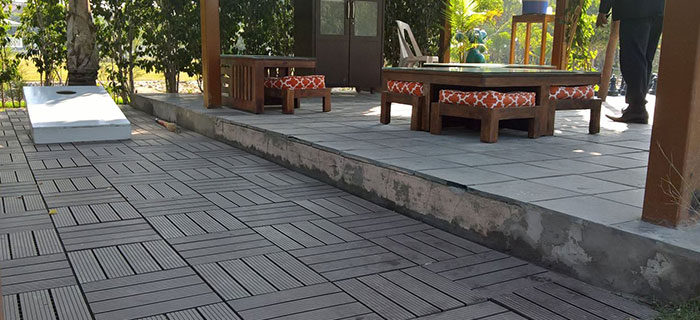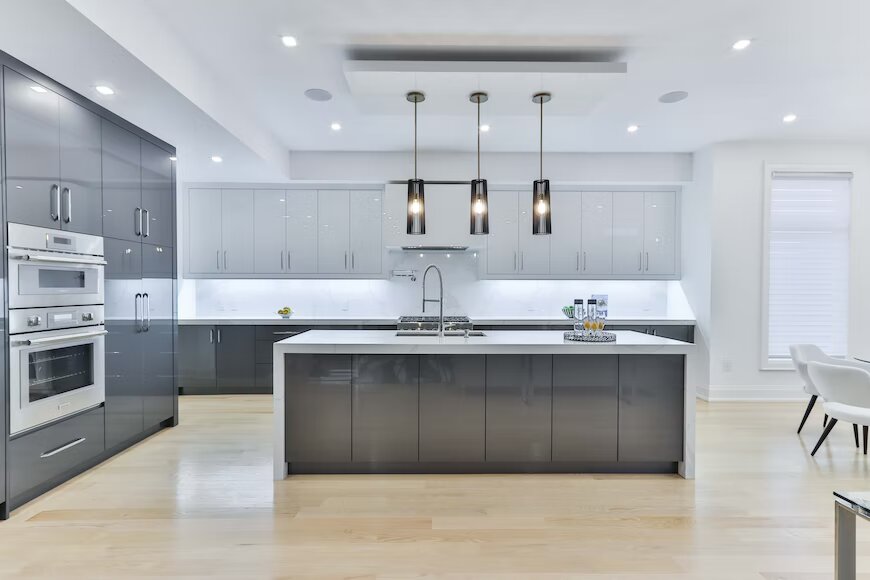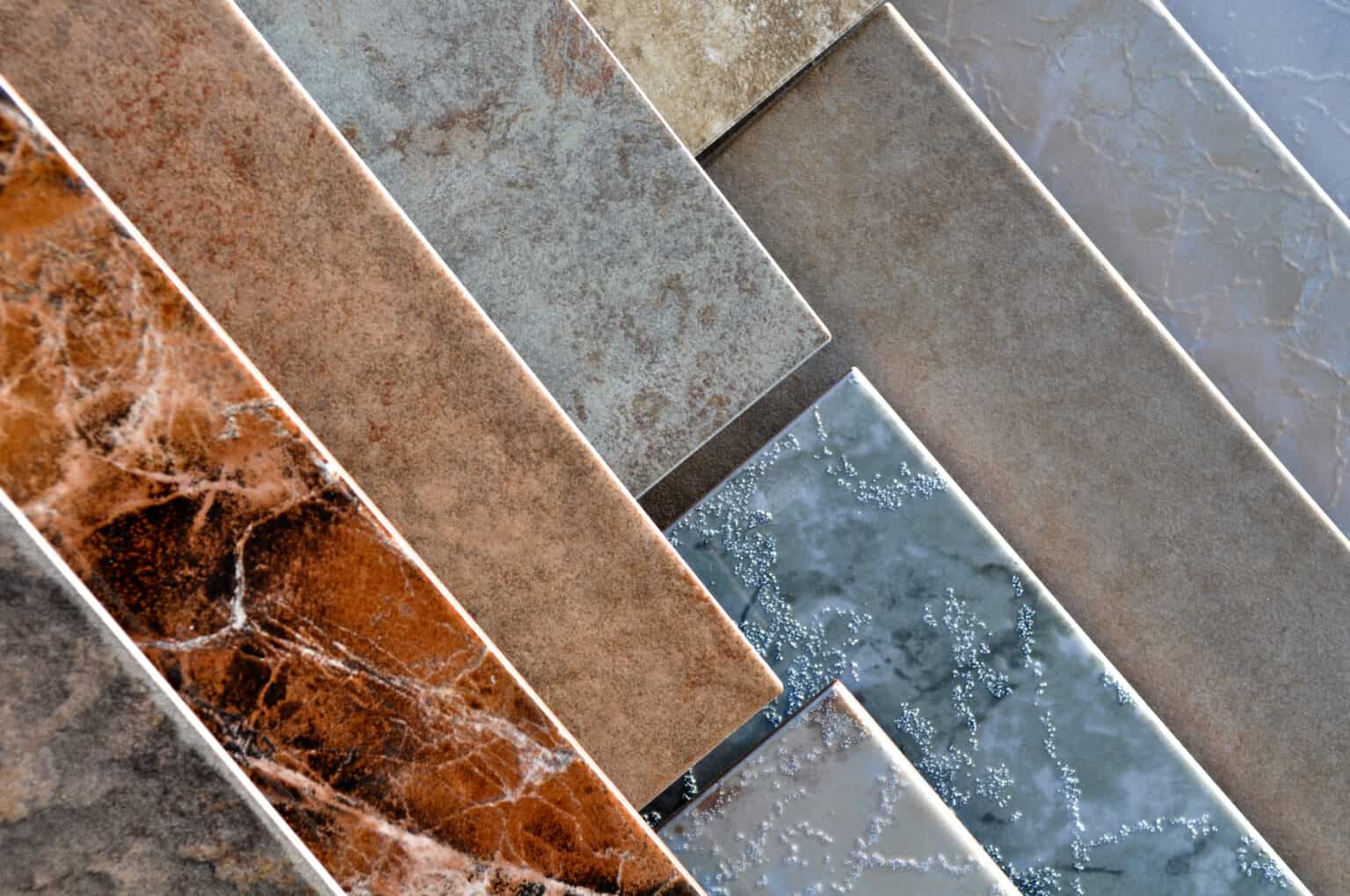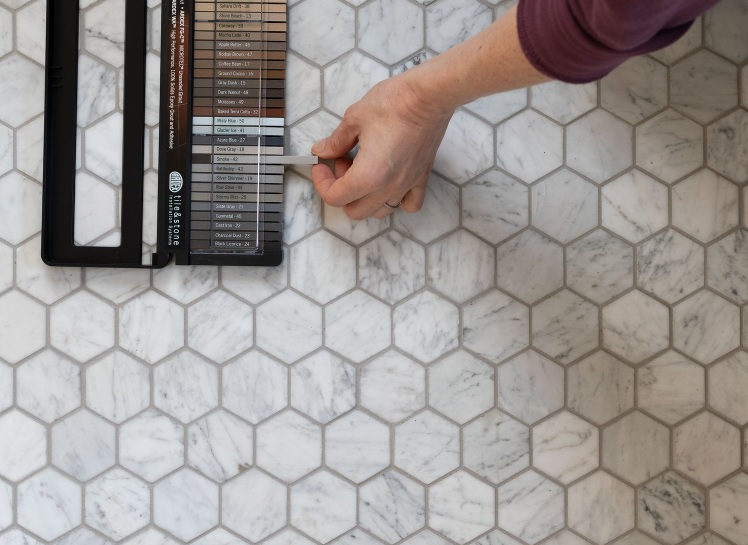When choosing a kitchen countertop design, quartz and granite are two popular options. Both offer durability, low maintenance, and a range of styles. However, differences between the two materials may make one a better fit for your specific needs. Here, we will explore the key factors to consider, such as durability, maintenance, cost, style, and functionality, when choosing quartz vs granite for your kitchen counter. By taking a closer look at these factors, you can make an informed decision and choose the best quartz vs granite countertop material for your kitchen.
Quartz vs Granite – Things to consider while selecting kitchen counter
Durability
- Quartz is engineered from natural stone and resin, making it resistant to scratches, chips, and stains. It is also non-porous, which means it does not require sealing and is easy to clean.
- Granite is a durable natural stone but more prone to chips and scratches than quartz. To reduce staining, it can be sealed. Although it is heat-resistant, trivets are recommended for protection from high heat.
Maintenance
- Quartz is low maintenance due to its non-porous nature and the elimination of sealing requirements. To maintain its cleanliness, simply wipe it down with a damp cloth and mild soap.
- On the other hand, granite requires slightly more maintenance to preserve its durability and stain resistance. To achieve this, regular sealing of granite must be done. If left unsealed, it may absorb liquids and stains.
Cost
- The cost of granite varies greatly based on the type and quality of the stone and is generally more expensive than quartz.
- Conversely, quartz is often more budget-friendly, but it still has the potential to be pricey, depending on the brand and style selected.
Style
- Both quartz and granite provide a vast array of colours, patterns, and textures, enabling you to select one that complements your kitchen’s style and elevates its overall appearance.
- Furthermore, quartz tends to showcase a more uniform appearance and pattern, whereas granite showcases a distinctive, natural look with variations in colour and pattern.
Functionality
- When choosing a countertop, consider your kitchen’s usage and select one that can meet your specific requirements. For example, if you cook frequently, look for a heat-resistant countertop. If you require ample space for food preparation, choose a countertop with a large working surface.
- Both granite and quartz countertops are heat-resistant, but it’s advisable to use trivets or hot pads for protection.
Environmental impact
- Quartz is non-biodegradable because it is an artificial substance. However, locally engineered quartz has a lower environmental impact as it reduces transportation needs.
- On the other hand, you need to purchase granite, an all-natural, biodegradable substance, straight from the mining site.
Summing up
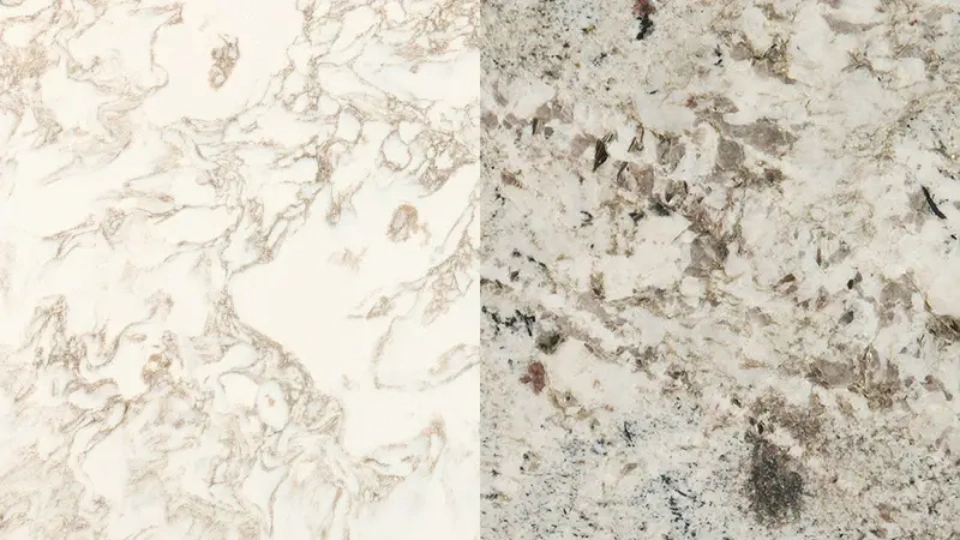
Image Source: Insider.com
Ultimately, the choice between quartz and granite will come down to personal preference, budget, and the specific needs of your kitchen. Quartz offers low maintenance, uniform appearance, and heat resistance, while granite provides a unique, natural appearance and heat resistance. Ultimately, quartz and granite can make a beautiful and durable addition to your kitchen. By considering the above-mentioned factors, you can choose the right countertop material to suit your needs.












